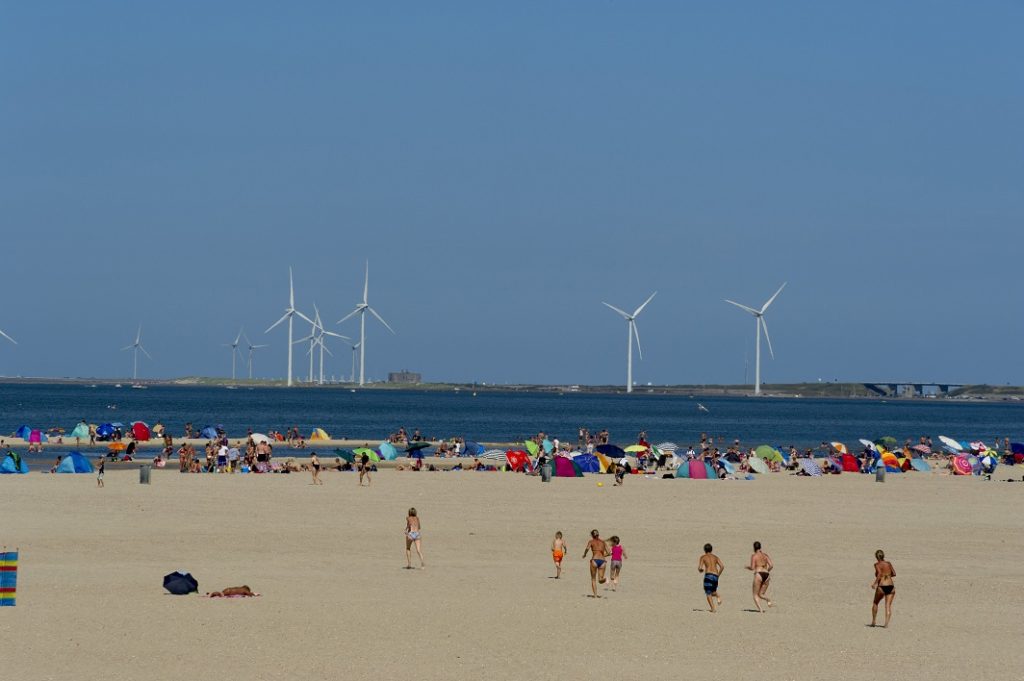A recent survey carried out for the European Investment Bank (EIB) reveals that two thirds of Belgians and Europeans believe the transition to renewable energy can only occur if economic inequality is addressed at the same time.
The findings were highlighted in a poll by French global market research company BVA on behalf of the EIB. Released on Tuesday, the report indicated that 71% of Belgians and 68% of European Union citizens believe a shift to a carbon-neutral economy should also address inequalities. The remaining third of respondents believe the transition should proceed regardless of the risk of increased inequality.
The top concern for Europeans (67% of Belgians and 68% of EU respondents) is the rising cost of living – a worry that surpasses other issues such as climate change, environmental degradation, migration, healthcare accessibility, income inequality, unemployment, terrorism, political instability and cyber-attacks.
However, the second-largest concern is climate change and environmental degradation – an issue that 54% of Belgians feel should be prioritised. On this topic, attitudes in Belgium are four percentage points above the EU average.
Employment concerns
The study also revealed a clear drop in European optimism about the socio-economic impact of the energy transition. In particular, this year has seen a marked decline in optimism that the green transition will bring with it a wave of job creation; just 51% of respondents now believe this will be the case, down from 56% in 2021.
On the matter of climate financing for developing nations, 62% of Belgian respondents (EU average 60%) agree that Belgium should financially compensate affected nations to assist in combating the effects of climate change. According to the EIB, about three-quarters of Belgians surveyed approve of ending tax relief for aviation and fossil fuel-intensive corporations.
The survey recorded the answers of a total of 30,245 respondents across 35 countries, encompassing all 27 EU member states. In most EU countries, the sample size consisted of at least 1,000 respondents, with smaller nations such as Cyprus, Estonia, Lithuania, Luxembourg, Slovakia and Slovenia reporting between 444 and 513 respondents. Malta recorded 210 participants.

